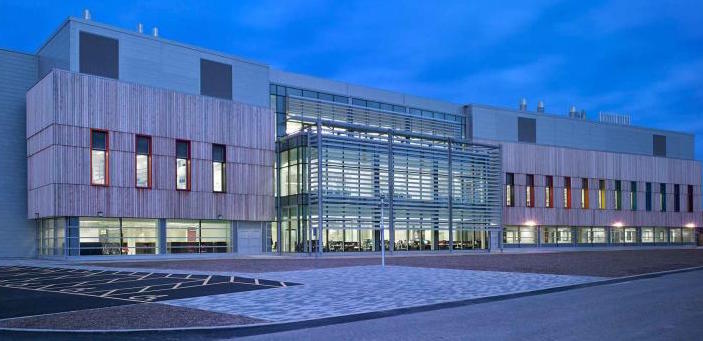Researchers from The Pirbright Institute have been awarded US$5.5 million (£4.3m) by the Bill & Melinda Gates Foundation to establish a Livestock Antibody Hub aimed at improving animal and human health globally.
The programme of work will see extensive collaboration between multiple UK research organisations in order to utilise research outcomes in livestock disease and immunology to support human health as part of the ‘One Health’ agenda.
Six leading scientists from Pirbright will be involved in the project, includingProfessorJohn Hammond, Professor Venugopal Nair, Dr Simon Graham, Dr Elma Tchilian, Professor Munir Iqbal and Dr Erica Bickerton.
Their combined expert knowledge will drive the study of cattle, pig and poultry antibody responses at high resolution to expand our understanding of protective immunity in species that can also be used as models for a range of human infectious diseases.
The aim is to use Pirbright’s expertise in livestock viral diseases, cutting-edge technology and unique high-containment facilities to bring antibody discovery, manipulation and testing up to the benchmark already seen in the immunological field for rodents and humans. This highly collaborative work will address the needs of the livestock research community whilst bridging the requirements of the vaccine industry.
A number of work programmes will focus on studying B cells and antibodies at multiple scales including gene expression, single cell function and the entire antibody response.
Findings from this research will be usedto drive vaccine selection and design and test antibody therapies with Pirbright ultimately acting as a ‘Hub’ able to provide specific methods, access to animal models and the associated expertise to drive antibody research within the ‘One Health’ agenda.
Research lead Professor John Hammond said: “New technology has given us the opportunity to utilise these detailed antibody responses to make the next generation of vaccines and therapies, which will improve animal health and ultimately human health, as well as ensuring the security of our food supply.”




